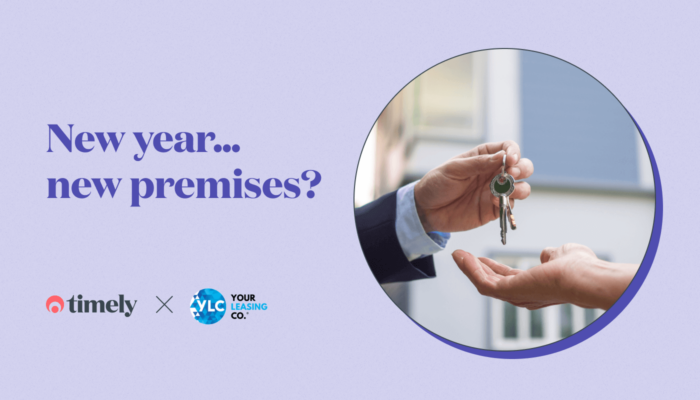Small Business Accounting 101
Want to do your own small business accounting? You can! With the help of software and occasionally your accountant, you'll be up and running in no time.

1. What is the definition of accountancy?
Accountancy at its most basic is processing financial data so that you have meaningful financial information. By law, all companies must keep financial records, but even it wasn’t a requirement, companies would still keep books.
- It’s the only way you can measure whether or not you are profitable.
- It allows you to calculate the tax you owe when you make a profit.
- It provides the best way to set metrics to ensure that you achieve the stepping stones on the way to success.
In a way, accounts keep you accountable.
2. Myth or truth: a business owner who is not a registered accountant can do their own accounts.
That’s absolutely true. You don’t have to use an accountant to do your books but it’s a really good idea. A good accountant will be an invaluable source of advice for a small business. They will advise on a whole raft of things like tax, software and finance. A trained accountant will also now how to maximise your tax deductions within the law to make sure you aren’t paying more tax than you need to.
Most of all, they will have your back and make sure that you don’t get into financial trouble.
3. Can you explain the accrual basis method of accounting?
Accrual is a system where we try to include all the events that occurred within a certain time frame, usually a month or a year. Most New Zealand companies have a year ending on 31 March. At that time, there will be some money owed to them by their customers and they will owe suppliers money. Accrual ensures that we take that into account by including debtors and creditors when we prepare financial statements. Only then can the owner or potential investors see how well the company is doing.
4. Can you explain the cash basis method of accounting?
You may have people who owe you money or bills to pay but the cash method ignores that. It is only interested in what the balance is on the day.
The easiest way to understand the cash basis method is to think of your bank account.
5. Which is most common method of accounting for small businesses?
All businesses must prepare accounts based on the accrual method for tax purposes so most people will choose to do it that way from the start.
6. Do I need to keep all of my receipts? Why, and what happens if I don’t?
Yes. The IRD insists that you keep receipts for purchases over $50 for GST purposes but it’s best practice to get a receipt for everything you buy. That way there’s always proof that you spent the money.
There are some really cool options to upload receipts into small business accounting software these days so you don’t even need to keep the physical receipt any more. You can scan it, upload it into the software and throw it away.
If you don’t keep a receipt, the IRD could refuse to accept that the transaction occurred so don’t take the risk.

7. What do I need to do to be an employer? What are my legal obligations?
Employers must register with the IRD. That enables you to deduct Pay as you Earn (PAYE) tax from your employee’s wages and forward the payment to the IRD. Failure to do this is quite a big deal so don’t overlook your responsibilities here. There are other deductions that you may have to make such as Kiwisaver and court fines.
We recommend that employers use payroll software to make all of this super easy.
8. What solutions work best for small businesses to manage their finances?
There are a number of excellent software products in the market including Xero, MYOB and QuickBooks. All three are now cloud-based which means they are really versatile. You can access your information from any browser on any device anywhere.
Xero was the innovator and has the largest number of add-on options currently. You can link your bank account with Xero and keep track of all your income and expenditure really easily.
- We recommend that people consider a payroll add-on like iPayroll if they are employing staff. It just makes managing everything so much easier.
- If you’re a service business, use Timely to manage your appointments and client reminders.
- If you are managing a lot of stock, check out Unleashed.
9. When should small businesses seek support from a professional for their accounts?
The sooner the better really. The days of getting a big bill once a year from your accountant are fast running out. Modern accounting firms offer monthly fees so that you can pay a little bit every month to make sure you comply with the rules, pay for your software and get access to advice. So it doesn’t need to be a major cost for you when cash is tight.
A good accountant will be able to give a small business the benefit of all their knowledge and save the entrepreneur valuable time and money. You shouldn’t think of this as a cost but a really savvy investment. When choosing an accountant, it’s vital that you get good references. Ensure that they understand cloud accounting and use it in their own businesses. Check out their background and see if they have real world experience working for successful companies.
This article was written by Angus Ogilvie from Generate Accounting. Generate Accounting partners with small to medium businesses to help them succeed financially, and offers competitive rates for their services.


